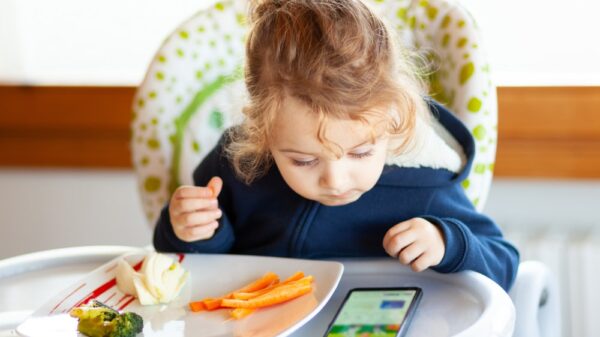Melanie begins with a compelling question: “Where is the school that’s prioritizing not just the mental and emotional health of children, but also that of the parents?” She highlights the overwhelming array of responsibilities that accompany parenting—managing emails, participating in chat groups, juggling schedules, and coordinating numerous extracurricular activities. “It’s too much!” she exclaims, pointing out the irony in schools developing extensive programs for kids while seemingly neglecting the well-being of their parents.
However, the conversation shifts to a more personal note. “I’m not advocating for more education or added commitments. What I truly want is a school that simplifies things—less for me to manage as a parent.” She candidly shares her wish for a streamlined parental experience: fewer requests for volunteering, less influx of emails, and minimal updates. This feeling resonates with many parents who often grapple with the pressure to be deeply involved in every facet of their children’s educational journey.
Her vision can be aptly described as “Crockpot Education,” where parents could drop off their kids without needing to think about responsibilities until pickup time. “Just assure me they’re okay, you’re okay! No extra coordination needed!” she implores.
Now, let’s explore her perspective further. First and foremost, she’s correct in observing that parenting, particularly for mothers, is undeniably challenging. There exists immense societal pressure for mothers to be fully engaged and attentive in their children’s lives, which can create overwhelming stress and feelings of inadequacy. Recognizing that parents aren’t required to do everything is important.
Nevertheless, some of her points may not fully capture the broader context. When parents express a need for more support, they often forget that schools are primarily focused on educating and nurturing children. Expecting schools to also be responsible for the emotional needs of parents is a considerable demand; it’s comparable to suggesting that cafés should care for your pet while you enjoy a coffee. Schools are fundamentally designed for children’s education, and while they can offer resources to parents, their main emphasis remains on the students.
Regarding the activities she mentions, many parents consider volunteering, group chats, and extracurricular events as optional, and understandably so, as they are often labeled as “extra.” While private schools may require a certain amount of volunteer hours, this is typically a choice made willingly by parents when they choose private education. Each responsibility can be seen as an opportunity for parents to engage with the community and help balance the dynamics of parenting and school involvement.
As for the desire for schools to “do less,” here’s the truth: most parents aspire for their kids to enjoy a rich and fulfilling school experience, but that doesn’t occur without effort. Collaboration and some degree of commitment from all involved parties are essential. While it’s completely natural to wish for simplicity, navigating the intricate landscape of schooling and parenting is part of the journey.
In conclusion, there’s no denying that parenting presents its challenges. While Melanie articulates important points regarding the pressures parents face, it’s vital to acknowledge the key role schools play in children’s education. Addressing the complexities of this relationship requires continuous dialogue, support, and perhaps increased empathy from all sides. If you’re feeling overwhelmed, remember that you’re not alone, and seeking help or taking a moment to reassess what works for your family is perfectly acceptable. Let’s continue to uplift one another on this sometimes chaotic parenting journey!
Image Source: Mental Health @ Unsplash
























